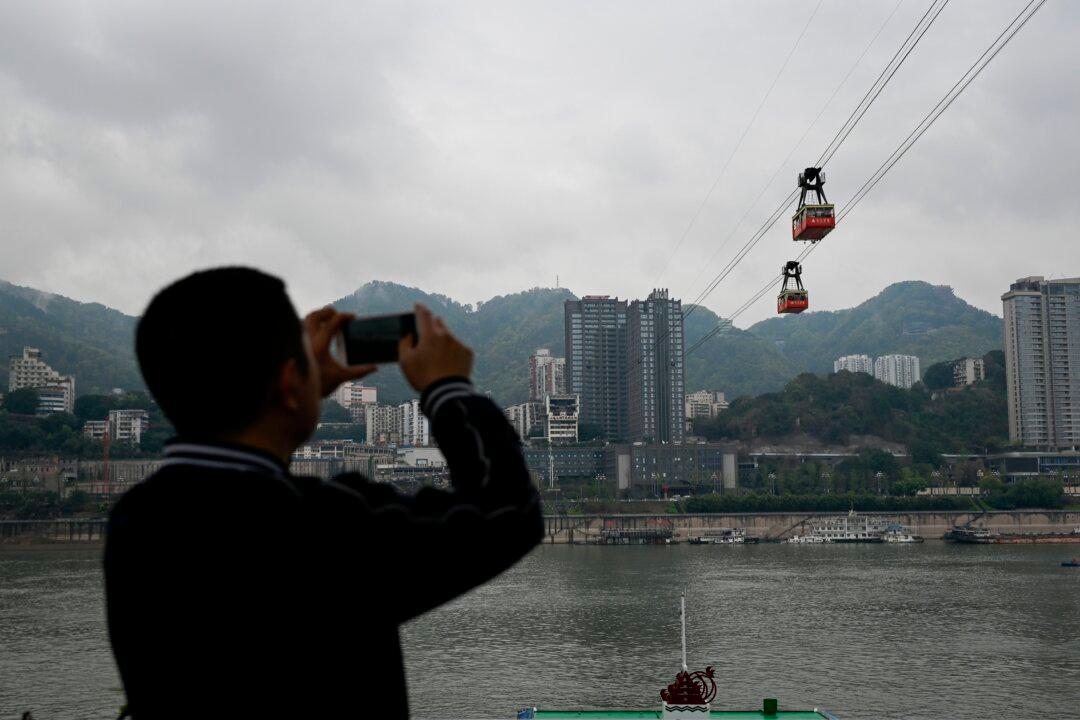An official who holds the dual position of deputy mayor and police chief of a major metropolis in China has been placed under investigation.
China’s Central Commission for Discipline Inspection, a Communist Party anti-corruption organ, issued a brief statement on June 14, announcing that Deng Huilin, deputy mayor of China’s megacity of Chongqing and chief of the city’s Public Security Bureau (akin to police), is suspected of “serious violations of law and Party discipline.”




